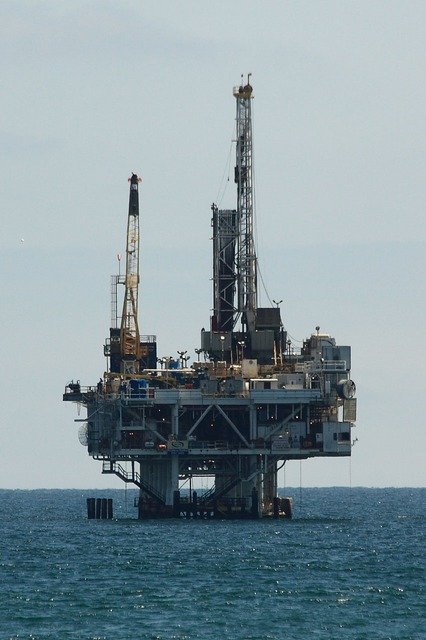Hydrogen sulfide (H2S) is more commonly known as sour gas. It is often found in oil & gas exploration and refining. Besides being extremely poisonous, it is also corrosive. In particular, sour gas causes stress corrosion cracking (SCC). There are several materials that can help combat sour gas corrosion. Standards put forth by NACE and ISO including NACE MR0175 / ISO 15156 and MR0103 can also further guide you in material standards for use in H2S.
C276
One of the best materials for protection from sour gas is Hastelloy C276. C276 fasteners are known for their resistance to sulfuric acid and work extremely well in hydrogen sulfide environments as well. Hastelloy grade C276 resists sulfide stress cracking (hydrogen embrittlement) and stress-corrosion cracking that is common in the recovery and refining of natural gas. Hastelloy bolts offer good strength (107 ksi UTS and 49ksi yield) and they are usable to 1500F, making them a good choice for the high temperatures in deep wells. Sour gas environments typically can contain chlorides as well. Hastelloy C276 is practically immune to chloride corrosion. In terms of availability, Hastelloy C276 bolts are also stocked in many sizes, and C276 material is readily available for custom parts.
Incoloy 825
Incoloy 825 bolts are known for its sulfur related corrosion including sulfur containing flue gases, sulfuric acid and hydrogen sulfide. Incoloy 825 offers 100 ksi ultimate tensile strength and 47 ksi yield strength; and is usable to about 1200F.
Inconel 718
When extreme high strength is needed for sour gas environments, oil & gas can rely on Inconel 718 bolts. Inconel 718 when age hardened per the NACE MR0175 or API-6A standards can achieve minimum yield strengths of 120ksi and 140ksi respectively; approximate 2.5 times stronger than Hastelloy C276. Beyond its strength, Inconel 718 fasteners are highly resistant to chloride and sulfide stress corrosion cracking, making them ideal for many high strength oil & gas equipment needs. Inconel 718 has a high temperature usability of about 1300F.

